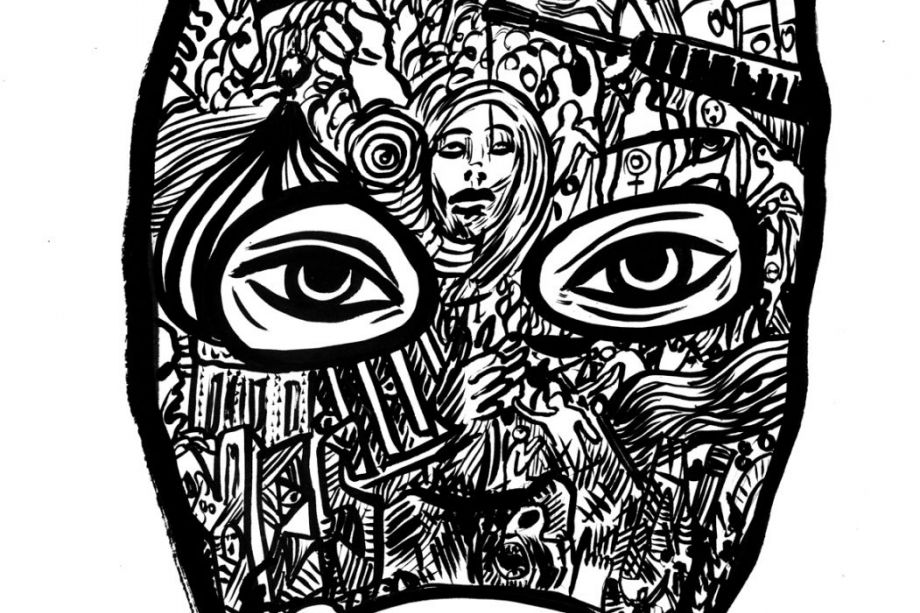
“Freedom of speech is defended through tenacity and endurance, not by one-off actions”
The vociferous international defence of Russian punk band Pussy Riot was encouraging to see while it lasted. The absurdity of the trial was obvious to most. One thing that we must remember is that behind the members of the band, and the case against them, is a much larger collection of political opponents and dissidents who are suffering ever-harsher repression in Putin’s Russia; and we must also remember that this repression remains even when the media dust has settled and global opinion has turned its attention onto some other worthy cause. In this issue, we’re publishing an extract from Pussy Riot’s defence speech, a text that has already been called one of the most important rhetorical manifestations of the freedom of speech in modern Russia.
The freedom of speech is defended through tenacity and endurance, not by one-off actions, no matter how powerful they are as statements and demonstrations. This issue of PEN/Opp, which has now reached its sixth edition, therefore returns to some of the areas in which such basic rights are severely tested. We’ll listen to some voices from Sweden’s near-neighbour Belarus talking about the regime’s renewed attacks on press freedoms, something that also coincides with the diplomatic crisis that led to the expulsion of Swedish ambassador Stefan Eriksson. Poet and opposition politician Uladzimir Njakjajeu publishes an open letter to Eriksson, and journalist Iryna Chalip writes on the ramifications of the crackdown for professional journalists. Another place where the struggle for democracy has entered a more mundane phase—thus calling for persistence and patience—is Egypt. Was it all back to normal after the days and nights at Tahrir Square? No, writes Egyptian author Somaya Ramadan. The shoots of democracy are growing in the everyday gatherings along the banks of the Nile. And what was the fascist junta in Argentina most afraid of? Children’s books, writes journalist Martin Ezpeleta in his discourse on forbidden libraries. Look around you at all the humble objects and sceneries and listen to what people are saying. It’s here that you will—or won’t—find democracy, not just in the great revolutions.

